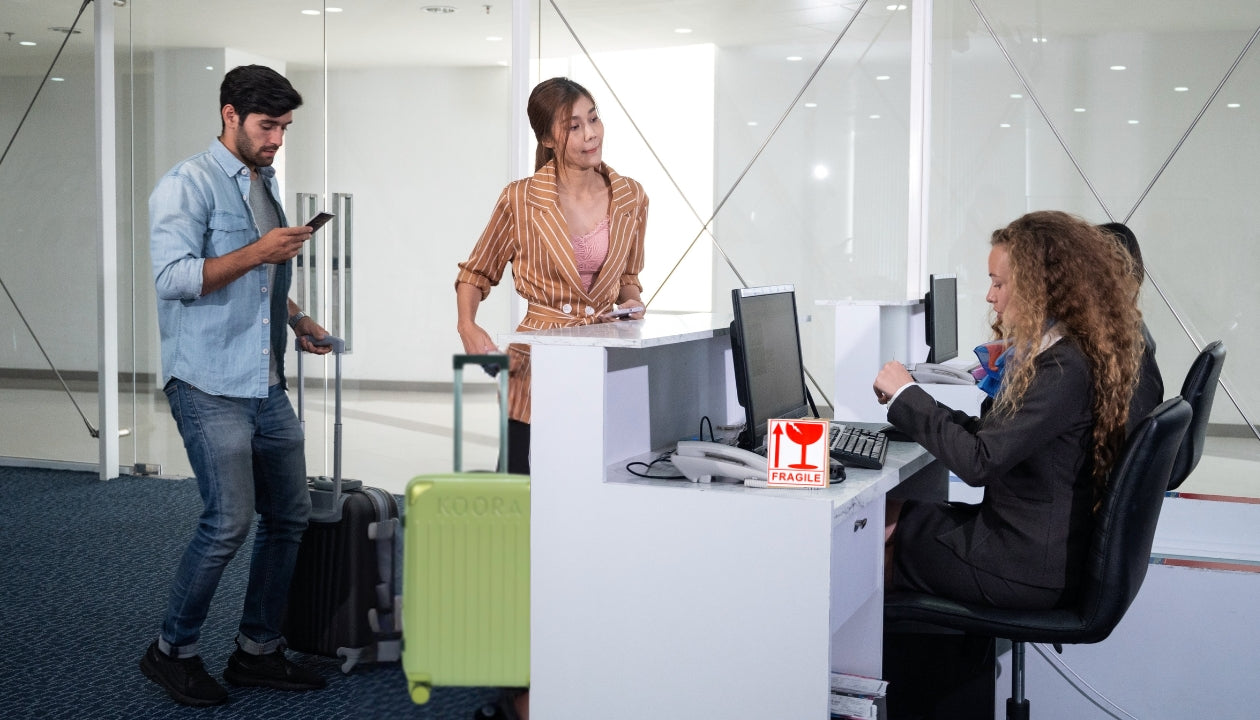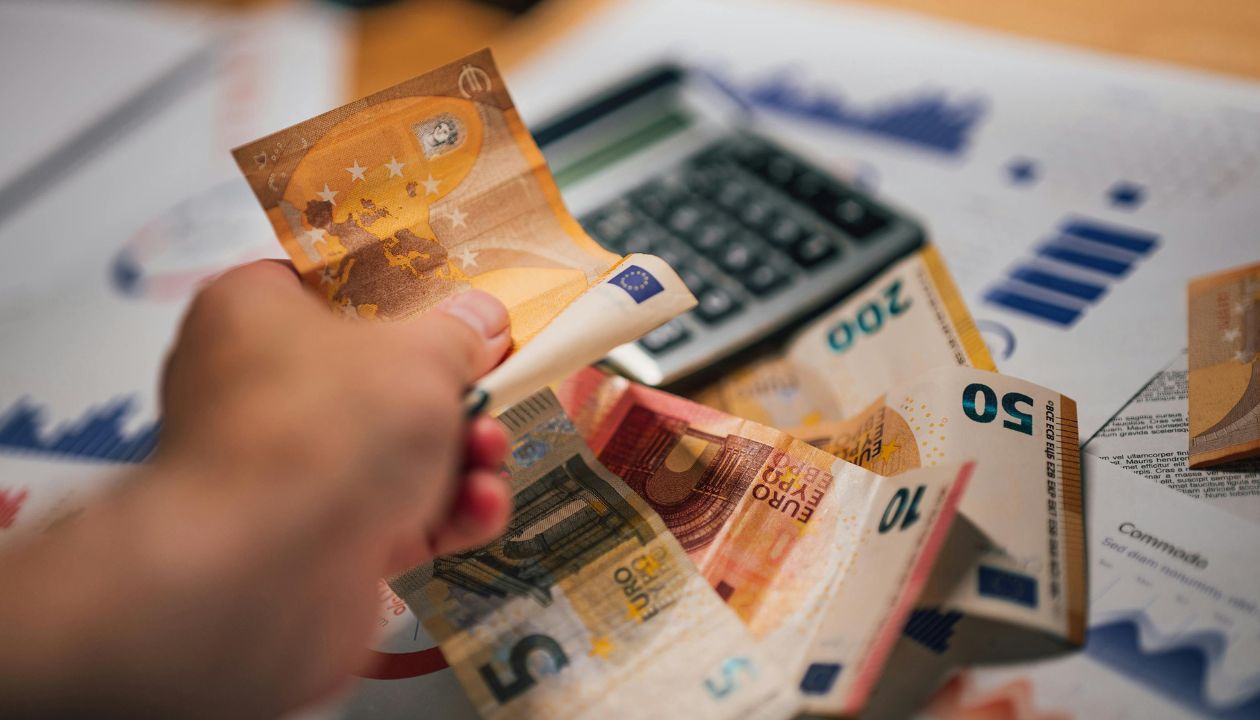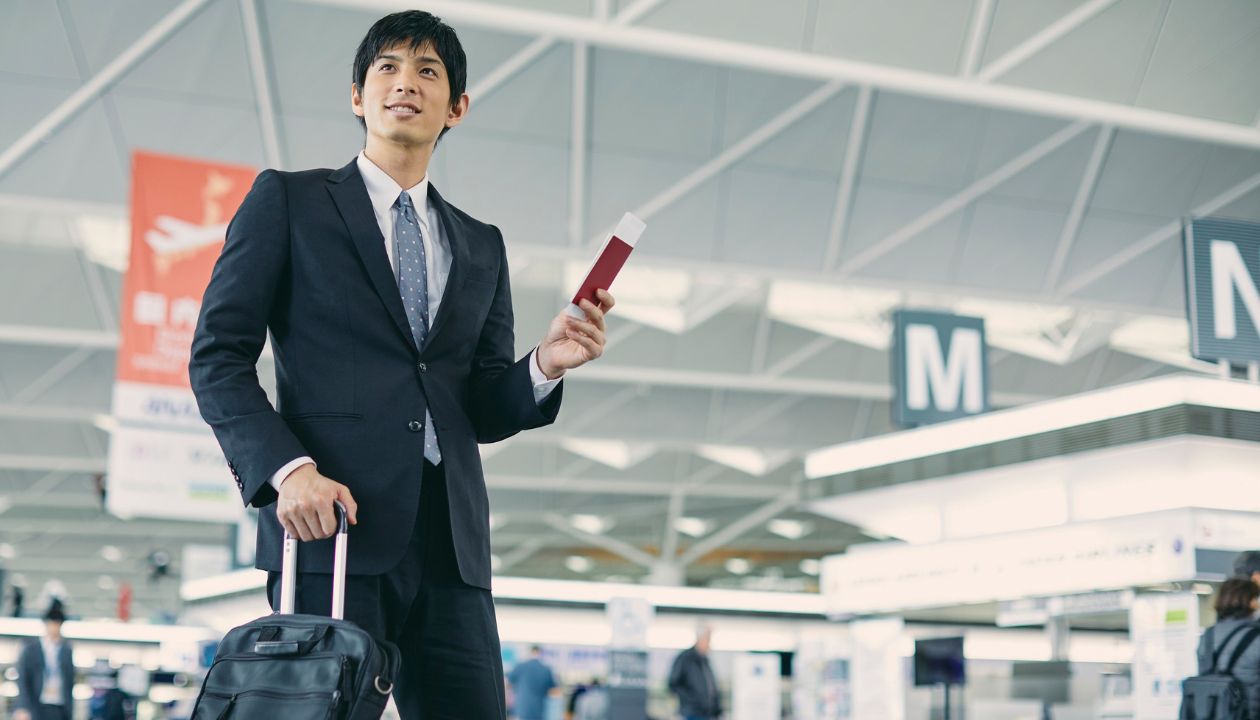
What NOT to Pack in Checked Luggage: A TSA & Airline Warning List
The luggage packing for your trip requires you to toss in your essential items while respecting the airline regulations. Several typical items found in daily use belong to the banned items list, which applies to transport containers at check-ins.

Checked baggage transportation rules enforced by the Transportation Security Administration (TSA), together with specific airline requirements, determine allowable and prohibited items for baggage check-ins. Failure to observe the packing rules might result in delayed travel, fines, damage to your goods or complete loss of your items.
The complete list below will guide beginners and experienced travelers through eliminating common missteps during travel. There are several items you must avoid putting into your checked-in luggage, along with their corresponding explanations.
1. Lithium Batteries and Power Banks
Most portable power devices featuring lithium batteries embedded in their systems have the potential to heat up to dangerous levels that may cause fires. According to TSA regulations, most spare lithium batteries, portable chargers cannot be placed in checked-in bags. They must go in your carry-on.
Don’t pack:
-
Power banks
-
External batteries
-
Spare camera batteries
-
E-cigarettes and vapes (they contain lithium batteries, too)
If you have a device with a built-in battery (like a laptop), it's safer to carry it in your carry-on luggage, even if it’s technically allowed in checked-in luggage.
2. Valuables: Jewellery, Cash & Important Documents
Airlines and TSA strongly advise against placing your high-value items in checked-in baggage. These items can be subjected to loss, theft, or damage, and airlines often won’t compensate.
Don’t pack:
-
Jewelry
-
Cash
-
Watches
-
Passports or ID cards
-
Travel documents (tickets, itineraries, etc.)
-
Birth certificates or legal papers
Always carry these in your personal item or carry-on bag, where you can keep an eye on them.
3. Electronics & Fragile Devices
While laptops, tablets, and cameras might technically be allowed in checked-in luggage, they are not recommended. Checked-in bags are often tossed or stacked, and fragile electronics can get damaged, even in a padded case.
Don’t pack:
-
Laptops
-
Tablets
-
Cameras
-
Headphones
-
Game consoles
-
External hard drives
These items are also more likely to be stolen. Keep them with you at all times.
4. Prescription Medications & Medical Supplies
If you rely on medication, the last place you want it is in a lost or delayed bag. Always carry prescriptions and critical medical supplies in your carry-on.
Don’t pack:
-
Daily medication
-
Insulin or EpiPens
-
Inhalers
-
Medical devices (CPAP, glucose monitors)
Carry medications in their original labelled containers. Some countries require this for customs.
5. Chargers & Essential Cables
It’s not against TSA rules to pack chargers in checked-in bags, but it’s highly discouraged. If your flight is delayed or your bag is lost, you won’t be able to power your devices.
Don’t pack:
-
Phone chargers
-
Laptop cables
-
International adapters
Keep a small tech pouch in your carry-on with all your essential cables and chargers.
6. Hazardous Materials & Explosives
This one may seem obvious, but the TSA regularly reports confiscating items like fireworks and ammunition from checked-in bags. Many of these are federally banned, and attempting to travel with them can lead to serious consequences.
Don’t pack:
-
Fireworks
-
Ammunition
-
Gunpowder
-
Flammable liquids (gasoline, paint thinners)
-
Bleach or cleaning products
Even if these are legal in your home state or country, they’re typically banned on commercial flights.
7. Perishable Foods & Liquids in Glass Containers
If you’re thinking of checking food items or drinks—think again. Perishable items can spoil, leak, or explode due to pressure changes.
Don’t pack:
-
Fresh meat or seafood (unless properly packed and permitted by the airline)
-
Dairy products
-
Homemade sauces or soups
-
Alcohol over 140 proof
-
Wine or liquids in glass bottles (risk of breaking)
Non-perishable snacks, dry foods, and unopened bottles of wine (under airline limits) are usually safe to pack—double-check with your airline.
8. Sharp Objects Not Properly Packed
Sharp objects are allowed in checked-in baggage, but only if safely wrapped or sheathed to avoid injury during inspections.
Be cautious with:
-
Knives
-
Scissors
-
Razors
-
Tools
Wrap sharp tools securely and label them if necessary.
9. E-cigarettes & Vaping Devices
Due to their batteries, e-cigarettes and vaping devices are strictly banned from checked-in baggage. The risk of fire is too high.
Don’t pack:
-
Vape pens
-
E-cigarettes
-
Devices with built-in batteries
These must go in your carry-on and remain off during the flight.
10. Irreplaceable Keepsakes or Souvenirs
Don't risk losing it in transit, whether it’s a family heirloom or a one-of-a-kind gift.
Don’t pack:
-
Sentimental jewelry
-
Handmade souvenirs
-
Collectibles
-
Unique or antique items
If it’s emotionally or financially irreplaceable, keep it with you.
11. Suspicious or “Toy” Weapons
Even fake weapons can trigger alarm bells with TSA or customs agents. Pack them in your checked-in bag only if the airline allows it and they’re marked as replicas.
Don’t pack:
-
Toy guns
-
Replica grenades
-
Knives used for display or cosplay
These can delay your bag or even lead to questioning by authorities.
12. Everyday Items That Might Raise Red Flags
Some items are harmless at home but suspicious in luggage. Items like duct tape, large quantities of powder, or oddly shaped metal tools can raise TSA concerns.
Questionable items:
-
Large rolls of tape
-
Bags of white powder (e.g., protein powder)
-
Multi-tools or hardware
If you must pack them, label clearly and be prepared for possible inspection.
Final Thoughts: Pack Smart, Fly Safe
Travelers find distributed baggage convenient since they pack their items properly. Going on a trip with the incorrect items in your bag may result in various consequences, ranging from delayed flights to monetary fines and an unproductive beginning to your trip.
The most important rules state that precious items, delicate objects, important necessities and combustible materials should travel inside your carry-on luggage.
It is mandatory to check the TSA website guidelines and airline-specific restrictions before your flight. Airline flight regulations differ according to international flights.
You can keep the item in your carry-on suitcase or not carry it at all if you are uncertain about an item or object.



Leave a comment
This site is protected by hCaptcha and the hCaptcha Privacy Policy and Terms of Service apply.